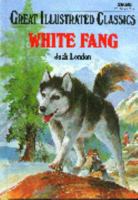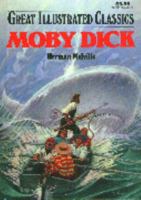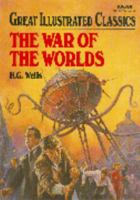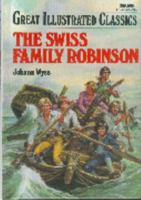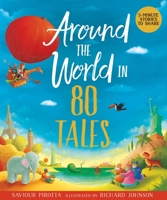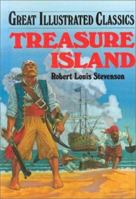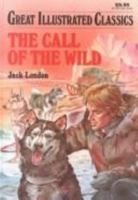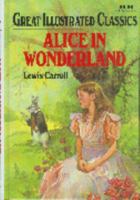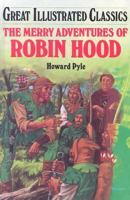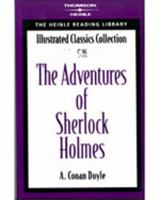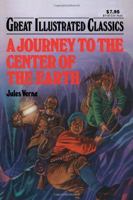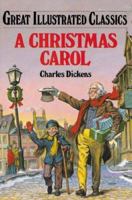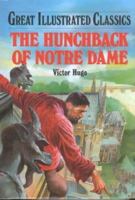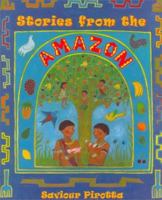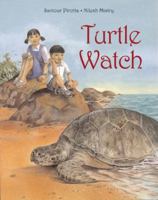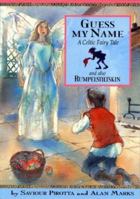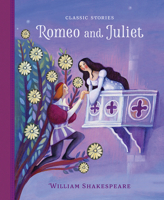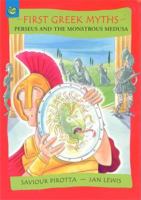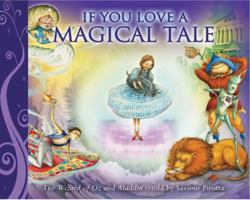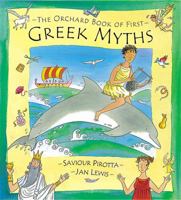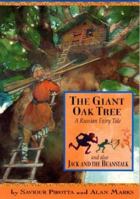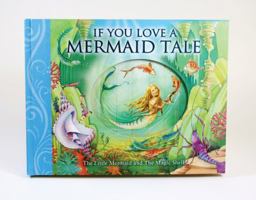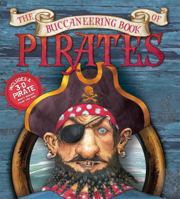Shame Lifter: Replacing Your Fears and Tears with Forgiveness, Truth, and Hope
Select Format
Select Condition 
You Might Also Enjoy
Book Overview
Customer Reviews
Rated 5 starsShame Lifter - Life Changing
This book touched me in a very profound and deeply personal way. I am in a Bible Study and one afternoon the leader asked what the difference between guilt and shame is. It kinda gave me the chills. I had really not heard or thought of the word shame in quite some time. I don't know if it was a word used more when I was growing up, but it brought back the memory of a sentence my mom often used when she was upset with something...
0Report
Rated 5 starsShame Lifter
Shame Lifter: Replacing Your Fears and Tears with Forgiveness, Truth and Hope Marilyn Hontz Tyndale House Publishers 2009 Religion/Christian Life/Spiritual Growth ISBN: 978-1-4143-1896-7 5 stars Reviewed by Cindy Loven Are you a Shame Giver, Shame Receiver, or a Shame Lifter? Author Marilyn Hontz, in this book clearly explains what each of these are, and how to recognize signs in our lives (there is even check lists at...
0Report
Rated 5 starsA message of hope and encouragement
A powerful book pulled from deep within the author's past pain, but with a message of hope for others who have also suffered. Along with some practical advice about how to overcome past messges of worthlessness and shame. Much different than the author's previous "Listening for God," but equally helpful for lost and hurting readers.
0Report
Rated 5 starsHow to find hope and love to replace shame
Marilyn Hontz's "Shame Lifter" portrays her painful story, the story of how shame affected her life and how she stood up and overcame the fears that were holding her back. We are all dealing with our own "shame" in one way or another. May it be an eating disorder, depression, abuse, the list can go on and on. Marilyn helps to show us that with God we can do anything, He can help us to lift that shame and live a life of truth...
0Report
Rated 5 starsA very special book!
"I am a child of the ultimate Shame Lifter, the Lord God Almighty. The shame on me is gone." (p. 179) What or who is a shame lifter? Marilyn Hontz describes a shame lifter as someone who gives grace to the disgraced. (p. 13) Her book, Shame Lifter, is a beautiful gift of grace for each and every person who has ever felt shame for any reason. Her words are liberally entwined with Scripture as she shares with the reader her...
0Report













